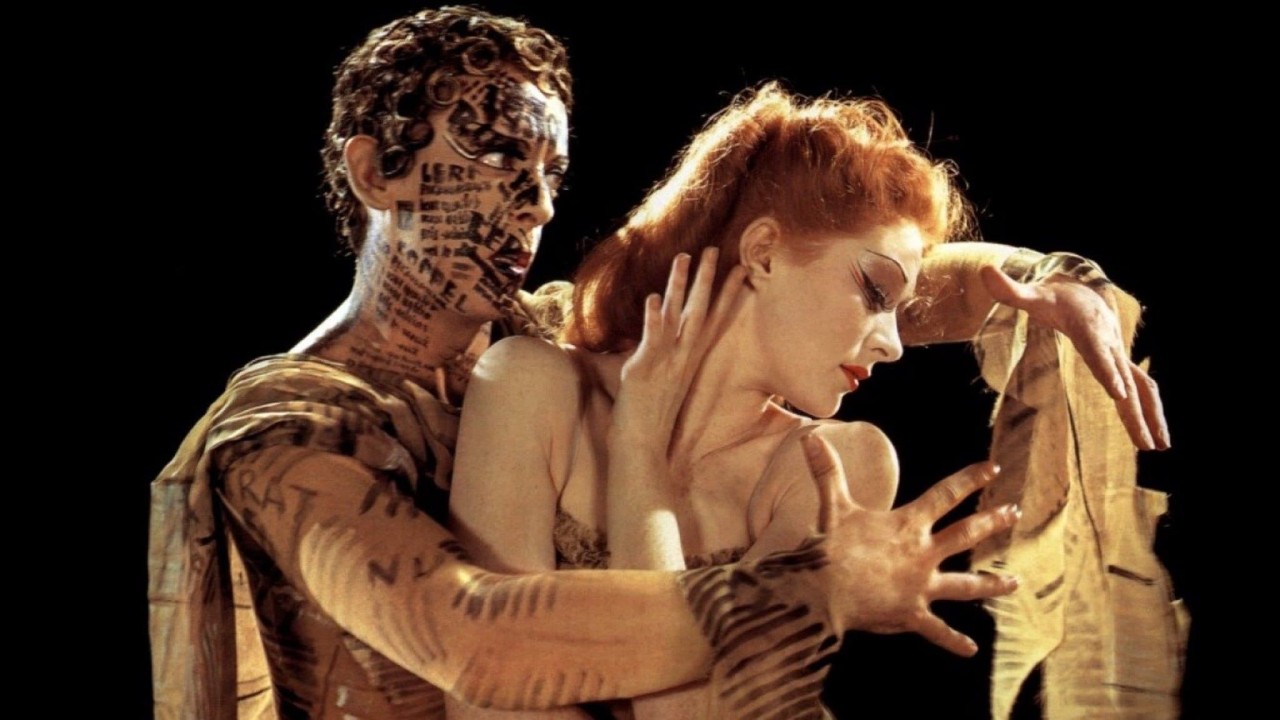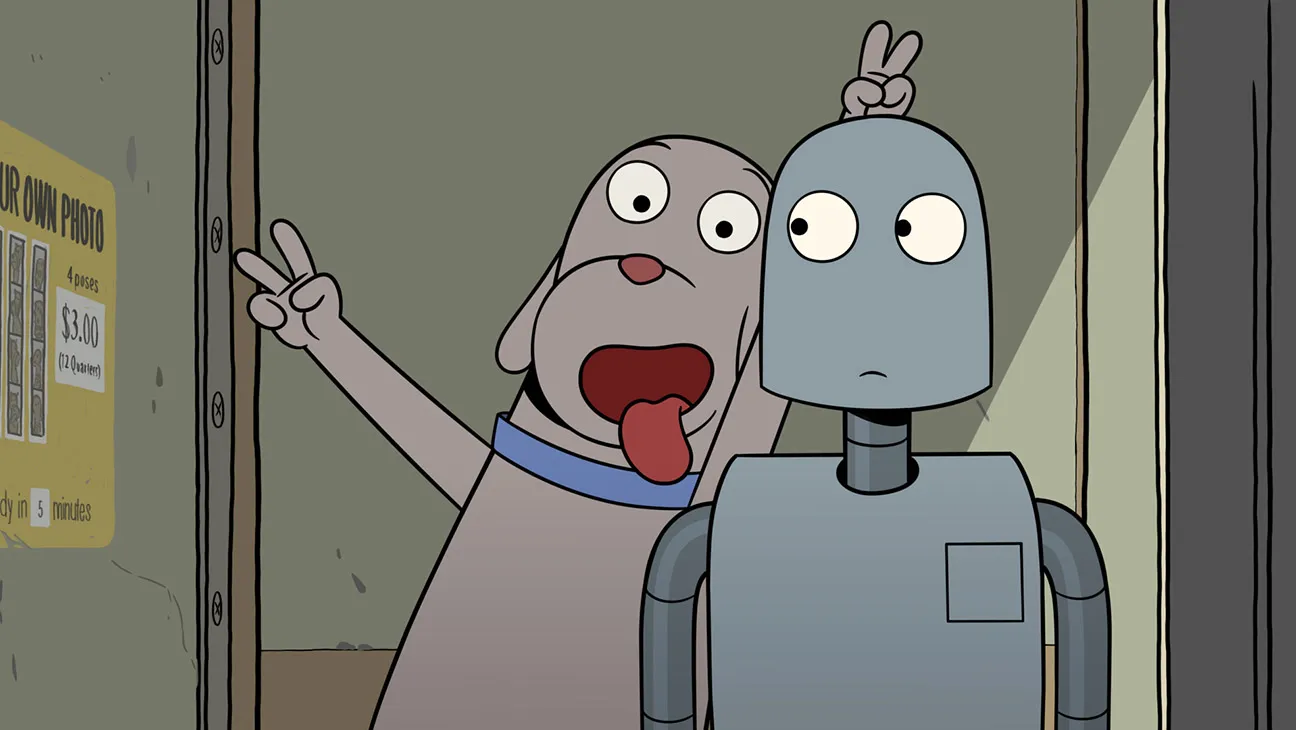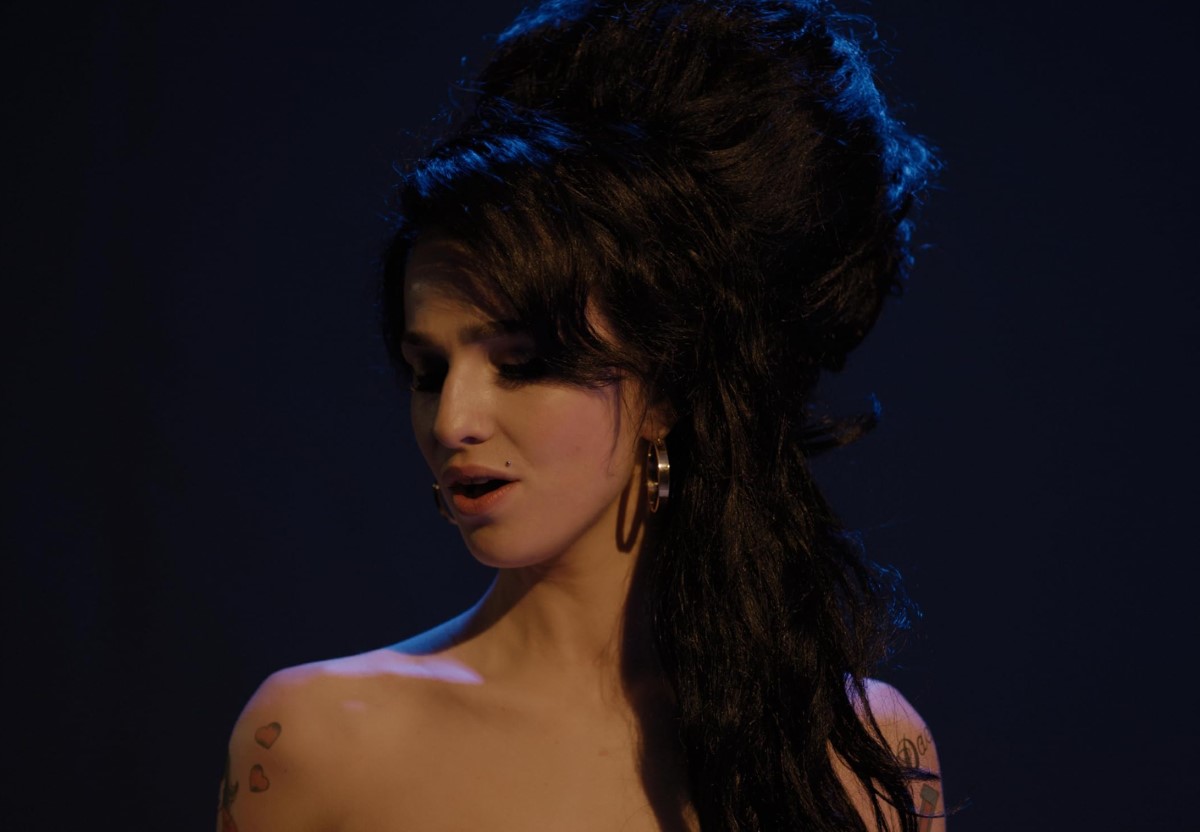by Pauline Kael
In Dead Poets Society, Robin Williams plays John Keating, an eager, dedicated teacher with a gift for liberating his students. Crushed, frightened prep-school boys flower in Keating’s class. He talks to them about the passions expressed in poetry, and they become emboldened. The creative impulses they’d kept hidden—or didn’t know they had—are released.
Robin Williams’ performance is more graceful than anything he’s done before. He’s more restrained, yet he’s brisk, enlivening, a perky, wiry fellow. In class, when Keating gives his attention to a boy who’s distressed, you feel that he intuitively enters into the boy’s fears. He’s totally, concentratedly there (though the camera is too much there), and with his encouragement the shy boy makes up a poem line by line, while standing in class. (In that moment, the young actor shows us the passion that Keating has been talking about—the passion that transcends the conventional.) And even when Keating can’t help the boys he listens to them with all his being; he hears them, and he speaks to them directly. He respects them far more than he does the other teachers, whom he treats equably, with a few dry words. Keating’s generosity is reserved for the students.
An iconoclastic teacher can be off-putting to some of his charges because he’s sure and high-flown and flaky (compared with polite, basically bored teachers). The teacher who stands out is usually a talker, and that can worry students who are anxious about exams and want to know what they’re going to be graded on. But Keating isn’t that kind of overpowering teacher; he’s not like the characters John Houseman played in Paper Chase and Maggie Smith played in The Prime of Miss Jean Brodie—he doesn’t have his students in thrall to him. The scriptwriter, Tom Schulman, has written a character whose center is his rapport with the boys. Keating is simply a former Welton Academy honors student who has just returned from teaching in London, and Williams carries out this conception. Keating is supremely tactful; he has no assertiveness—he tries to help the kids develop on their own—and in emergencies he advises caution. Williams stays in character, but he understands that a teacher who wakes kids up is likely to be a standup performer, maybe even a comic, and certainly quick on his feet. Williams reads his lines stunningly (he’s playing a bright man), and when he mimics various actors reciting Shakespeare there’s no undue clowning in it; he’s a gifted teacher demonstrating his skills. That’s what he’s doing when he hops around the classroom and makes the kids laugh. I saw the movie right after reading the just-published Mudrick Transcribed (College of Creative Studies, University of California, Santa Barbara, California 93106; S20), a collection of talks on literature by the late Marvin Mudrick, recorded by his students. I can’t imagine a better book on how an inspired teacher’s mind works; Mudrick’s easy rhythms make you aware of how he arrives at the humor that shoots up, geyser after geyser. You know at once why his students would be swept along by his words—he’s thinking on his feet, getting high on his thoughts. And that’s what Robin Williams shows Keating doing: Williams’ performing rhythms reveal the free workings of Keating’s mind. If only Dead Poets Society got into the subject of what Keating gives to teaching and what it gives back to him!
But the movie shifts from one genre to another: the dedicated teacher gives way to the sensitive, misunderstood kid—in this case, Neil Perry (Robert Sean Leonard), an all-A student who wants to be an actor. The link is that the boy, soaring on the confidence he experiences in Keating’s class, lacks the shrewdness and courage to deal with his rigid, uncomprehending father (Kurtwood Smith). The shift in genres sidelines the one performer who sparks the viewer’s imagination and substitutes a familiar figure: the usual romantic victim to identify with. Many older moviegoers had parents who objected to their artistic inclinations, and for young audiences this may still be an ongoing misery. If you want to be a musician or a dancer or poet or painter and your parents don’t think you’re being practical, this movie, though it’s set in 1959, can feel like your life story. And it can have you sobbing in regret, self-pity, nostalgia.
The title refers to a secret club that Keating founded when he was a student at the school and which is now revived by seven of his boys. On the surface, the club’s nighttime gatherings could not be more innocent: the boys recite poetry, tell ghost stories, socialize. But in a deeper sense these clandestine meetings (at a rough cave in the woods) are an act of defiance; this is something the boys have organized for themselves—it isn’t controlled by the school. And so, when the boys’ new independence leads to a crisis, they’re up against the slimy, cunning headmaster (Norman Lloyd) and the parents who have placed them in this exclusive, traditional, disciplinarian setting, and who believe what the headmaster tells them. (The way the movie is shaped, there isn’t a perceptive parent in the bunch.)
Everything in the movie has been carefully thought out. The heavy stonework of Welton’s twenties-Gothic buildings contrasts with the primitive natural wildness of the cave. The crew of Waspy boys have varied psychological profiles. The doomed Neil Perry is a natural leader. The financially privileged but emotionally deprived Todd Anderson (Ethan Hawke) is afraid to speak in class until ‘Keating soothes his fears. Knox Overstreet (Josh Charles) is comically love-struck. Charlie Dalton (Gale Hansen) has a streak of wild daring—in his best moment he mocks the school’s pomposity, saying he had a telephone call from God—but he goes off half-cocked. And so on; it takes a while to sort them out. The young actors are presentable—even admirable—but they’re all so camera-angled and director-controlled that they don’t have a zit they can call their own.
There are lovely pauses and beautiful transitional shots; the unhurried storytelling is polished. Peter Weir is still in his mid-forties and the editing is swift, yet this is conservative craftsmanship. He works the way some of the major Hollywood directors (William Wyler, George Stevens, John Ford) did as they got middle-aged. The picture draws out the obvious and turns itself into a classic.
It’s too lulling to watch a movie in which everything is overprepared. I wanted to claw and scratch at the succession of autumnal images, followed by wintry beauty. Every textured detail falls into place: the mist in the woods outside the mythic cave; the glowing skies; Keating taking his boys outside the classroom; the headmaster’s foxy-eyed unctuousness; his brute attempt to break the spirit of a boy he paddles. Even Neil Perry’s killing himself has no messy, bewildering motives—you see exactly what drives him to it, just as you see that he’s the product of a domineering, guiltpushing father and a hysterical, helpless mother, whom he resembles. His high cheekbones intensify the poignancy of his death; he’s meant to haunt you. Yet the young actor can’t make the suicide credible: we don’t feel that the boy is holding anything back, we don’t feel any buried anger. He’s transparent.
When the audience applauded at the end, I was reminded of the audience reaction twenty-odd years ago to A Man for All Seasons—a picture with a comparable tasteful romanticism. Most recent American movies, in their crudeness, have escaped this kind of middlebrow highmindedness. Dead Poets Society is anomalous—a prestige picture. It’s on the side of youth, rebellion, poetry, passion. And, like Weir’s Gallipoli, it has a gold ribbon attached to it. But the film’s perception of reality is the black and white of pulp fiction (without the visceral excitement). The picture doesn’t rise to the level of tragedy, because it’s unwilling to give us an antagonist who isn’t hopelessly rigid. (Neil Perry gets all A’s, so his father can’t even have a rational objection to his extracurricular activities.) There’s no other side to anything in this movie—Weir, it appears, is more interested in the elegiac than in the dramatic. And the enthusiasts in the audience seem to be left applauding themselves for being sad, for being uplifted.
The New Yorker, June 26, 1989




